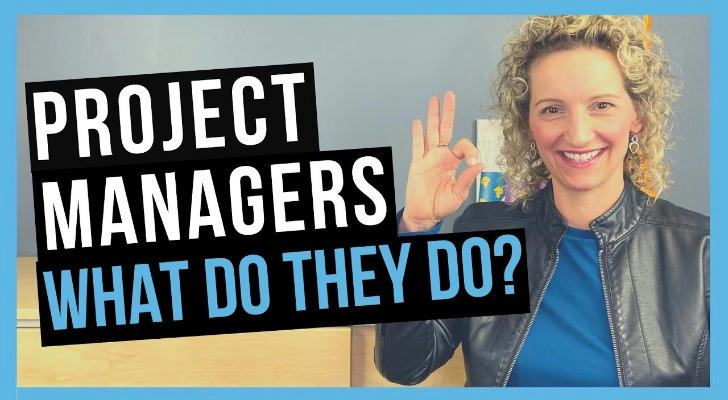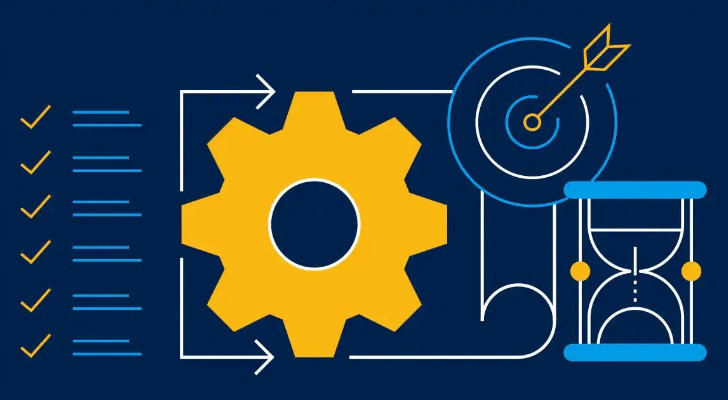What Does a Project Manager Actually Do?
The title “Project Manager” shows up across industries—from tech startups and construction companies to fashion brands and creative studios. But what exactly does a project manager do on a daily basis? The answer depends on the setting, but at its core, project management is about planning, coordinating, and making sure everything runs smoothly from beginning to end.
This article explores the real responsibilities of a project manager, how the role supports teams, and why it matters in both business and creative environments. Whether someone is considering a future in project management or working with one for the first time, understanding the role can help make collaboration easier and more productive.

A Bridge Between the Vision and the Work
A project manager (PM) acts as the link between an idea and its execution. They don’t usually write the code, design the product, or build the structure themselves—but they make sure the people doing the work have everything they need to succeed.
In beauty industry terms, imagine a nail salon introducing a new service. The project manager would make sure everyone—from the technicians and suppliers to the marketing team—is aligned on the goal, budget, and schedule. If something shifts, they adjust the plan without losing sight of the bigger picture.
Core Responsibilities of a Project Manager
1. Planning the Project
Before anything gets started, the project manager outlines what needs to happen, who is responsible for each part, and when everything is due. This includes:
- Setting clear goals
- Building timelines
- Identifying needed tools or resources
- Estimating costs
In some fields, this planning phase is supported by specialized software like Trello, Asana, or Microsoft Project.
2. Managing Communication
Communication is one of the most important parts of project management. The PM keeps everyone on the same page through check-ins, updates, and written documentation.
If a team member has a question, they know who to ask. If something changes, the PM makes sure the right people find out quickly.
According to a report by the Project Management Institute (PMI), poor communication is a key factor in one-third of failed projects. (Source: PMI, Pulse of the Profession 2023)
3. Tracking Progress
Project managers monitor whether tasks are being completed on time and adjust the plan when needed. They also track key milestones and flag risks early—before they become problems.
This can include updating digital boards, collecting reports, or holding short meetings (called “stand-ups”) to keep the team focused.
4. Solving Problems
When issues come up—as they often do—the project manager steps in to find solutions. Maybe a supplier misses a shipment or a design needs rework. The PM looks at the options, brings the right people together, and helps make decisions that move things forward.
Problem-solving isn’t just about fixing mistakes. It’s also about protecting the team’s time and energy by avoiding confusion or double work.
5. Making Sure the Project Finishes Strong
A project isn’t done until the goal is reached and everyone involved knows what comes next. The project manager helps wrap up the work, gather feedback, and document lessons for the future.
In creative teams or smaller businesses, this can also include delivering final reports or helping organize a post-launch review.
What Skills Do Project Managers Need?
Being a project manager requires a mix of technical and people skills. These include:

- Organization: Managing deadlines, documents, and details without losing track.
- Communication: Listening carefully, explaining clearly, and adjusting messages for different audiences.
- Adaptability: Staying calm when things change and finding a new way forward.
- Time Management: Prioritizing tasks and helping others do the same.
- Problem Solving: Noticing small issues before they grow and acting quickly.
While project management certifications exist, many PMs develop these skills through hands-on experience.
Where Do Project Managers Work?
Project managers are found in almost every field. Some of the most common industries include:
- Technology: Managing software development, product launches, or user research.
- Marketing: Coordinating campaigns, content calendars, and branding projects.
- Construction: Overseeing timelines, permits, teams, and budgets.
- Retail: Launching new store layouts, seasonal collections, or customer experiences.
- Beauty and Fashion: Managing product development, photo shoots, influencer partnerships, or event planning.
Even small beauty brands benefit from project management principles, especially when balancing social media, product lines, and supplier coordination.
Tools of the Trade
Modern project managers often use digital tools to stay organized. Some commonly used platforms include:
- Trello: A visual board for task management
- Asana: Great for breaking big projects into steps
- Slack: Used for fast, clear team communication
- Google Workspace: Shared documents, spreadsheets, and calendars
The right tool depends on the team, the project, and the pace of work.
Why the Role Matters
Without project management, even strong teams can lose direction. Deadlines slip, communication breaks down, and goals get missed. A project manager brings structure without blocking creativity. That’s especially helpful in environments where timelines are tight and collaboration is essential—like launching a new skincare line or coordinating a beauty influencer campaign.
According to Wrike’s 2023 report on collaborative work management, teams with project managers report 38% higher productivity and fewer missed deadlines. (Source: Wrike Collaborative Work Report 2023)
Final Thoughts

Project managers don’t just check boxes. They help turn ideas into reality by making sure everyone is working toward the same goal. Whether someone is planning a fashion show, launching a new nail product, or updating their brand website, project management skills can add clarity, reduce stress, and improve outcomes.
For those curious about what it’s like to lead a project, or for anyone working with a PM for the first time, understanding these core responsibilities can make every collaboration smoother.
Sources:
- Project Management Institute: Pulse of the Profession 2023
- Wrike Collaborative Work Report 2023
- Harvard Business Review: What It Takes to Be a Great Project Manager
- Asana Blog: The Anatomy of a Project Plan
